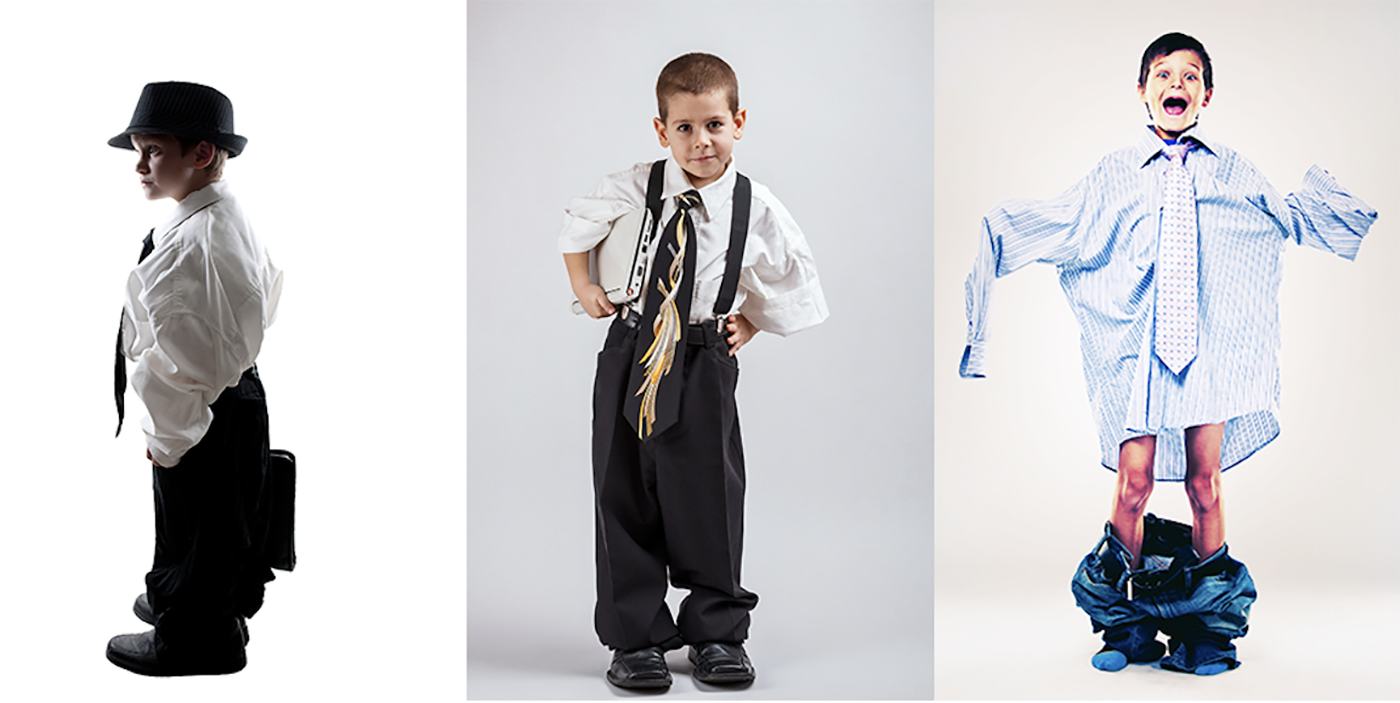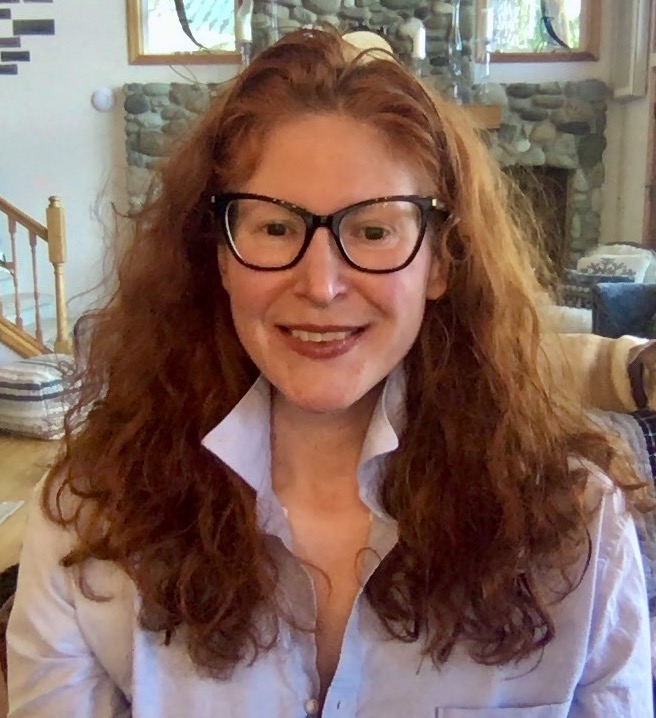 Healing trauma from relationships with narcissists and borderlines, histrionics and the other Cluster B variety pack can be difficult. Sadly, difficult is an understatement. Some clients who were ensnared by a NPD, HPD or BPD have an easier time than others with the grief and healing process. These individuals aren’t representative of my typical clients, however. They’re different in primarily two respects.
Healing trauma from relationships with narcissists and borderlines, histrionics and the other Cluster B variety pack can be difficult. Sadly, difficult is an understatement. Some clients who were ensnared by a NPD, HPD or BPD have an easier time than others with the grief and healing process. These individuals aren’t representative of my typical clients, however. They’re different in primarily two respects.
People who have greater resiliency to trauma.
First, this subset doesn’t have a repeating pattern of relationships with narcissists, borderlines and other toxic people. The relationship that led them to seek my therapy services is an anomaly. Specifically, it’s an anomaly in an otherwise unblemished history of healthy intimate relationships. In other words, they don’t have a pattern of dating and marrying Crazy over and over and over.
Second, their families of origin aren’t grossly dysfunctional and pathogenic. A pathogenic family is an abnormal and maladaptive system of interpersonal dynamics that’s a breeding ground for cognitive, emotional and behavioral disorders. In other words, they weren’t raised by Crazy. Meaning, their parents modeled well-adjusted, healthy interpersonal relationships. Mom and/or dad didn’t have have personality disorders, alcoholism, other addictions or other mental illness that leads to child being parentification, dysfunctional attachment styles, trauma bonds and codependency.
To clarify, these individuals experience grief, depression, anxiety and some other trauma symptoms. However, they usually have less complex grief experience, heal and bounce back more quickly. Good enough parents are better able to instill a fundamental sense of well-being that a child carries into adulthood. This is something the majority of my clients lack.
Clients who don’t have a pattern of abusive relationships and had good enough parents, typically don’t become consumed by denial and bargaining rumination, shame and self-blame. Clients who had dysfunctional (i.e, personality disordered and codependent) parents and a patter of relationships with Crazy have a much more painful time of it.
Low resiliency to trauma.
Most of my clients have at least one parent with diagnosed or undiagnosed personality disorder, mental illness and/or addiction problem(s) and at least one codependent parent. Their families were ill-equipped or incapable of modeling healthy relationships, self-love, self-respect, self-constructs and boundaries. As such, these clients developed codependent beliefs and other unhealthy coping mechanisms in order to survive painful childhoods.
People with unresolved childhood trauma wounds, often recreate similarly dysfunctional and toxic relationships as adults. When these relationships inevitably break down, they often psychologically regress to a younger emotional age. This affects how they see themselves, their partner or ex and the relationship.
Oftentimes, these clients struggle with what their rational adult self knows and the wishful and/or magical thinking of their wounded child selves. The rational adult self understands and accepts that the relationship is toxic and irreparable. The hurting child self says, “But wait! I can figure out a way to hold onto the good stuff and make it work!” Hurting child self (or selves) does this through a variety of self-deceptions and other self-defense mechanism like denial, minimization, justification and intellectualizing with a dash of cognitive distortions and cognitive dissonance.
Healing trauma from relationships with narcissists and borderlines, histrionics and other toxic personalities.
Do you recognize any of the following sentiments?
- But I love her . . .
- But I love him . . .
- It’s not bad all of the time . . .
- She can be so sweet . . .
- You don’t just give up on someone you “love” . . .
- Her dad/mom was mean/abandoned her as a child . . .
- She/he was sexually abused as a child . . .
- I can take it . . .
- If only I could get her/him to see how much I love them . . .
- Everyone’s a little crazy sometimes . . .
- If I give up now, the next guy will get the amazing love bombing her . . .
These are the rationalizing, justifying and minimizing beliefs of a hurting, self-deceiving child who’s afraid to lose love and relationship. Or rather, what a hurting child believes is love. If it’s what you experienced in your family of origin this is what you know as love, toxic and dysfunctional as it is.
It’s not love, though.
No matter how cruel, unstable, crazy and dysfunctional their parents are, kids want their love and approval above all else. When a child feels unloved or rejected by a parent, they usually blame themselves. It wasn’t your fault your parents had problems. And it’s not your fault your narcissistic, borderline or histrionic partner has problems. However, it is your adult responsibility to take care of yourself and make better choices moving forward.
You couldn’t fix your borderline mom or dad and you can’t fix your borderline spouse.
In order to cope and survive, kids need to believe they can fix, please, prove their worthiness to their parents. This can manifest in myriad unhealthy behaviors such as:
- Parentification. The child takes care of the parent(s) emotionally and/or physically. For example, acting as the emotional regulator of an emotionally dysregulated parent.
- Emotional incest. This is a more extreme form of parentification in which the child acts as a junior spouse/partner substitute.
- Over-achieving. In an attempt to get approval and validation the child believes if they’re perfect mom or dad will love them.
- Selflessness. The child learns that mom and/or dad sees their feelings, needs and wants as a burdensome nuisance and thus the road to being a codependent people-pleaser begins.
- Self-medicating. Drugs, alcohol, video games, social media, promiscuity – anything that releases dopamine.
- Acting out and acting in. Attention is attention.
Identifying your younger wounded self.
What ages are the hurting child part(s) of yourself who still believes the narcissist, borderline or histrionic’s lies? Who insists that there’s a happily ever after if only you’re [fill in the blank] enough to fix your abuser? What roles do they serve? For example, the fawning 4-year old or the 12-year old little professor (over-analyzer) who believes he can figure out a way to fix his partner, so he’ll be loved?
When clients are in their rational, critical thinking adult minds they’re able to clearly see the NPD, BPD or HPD partner or ex for who and what they are. In other words, highly destructive to themselves and others and unlikely to change. They understand that a healthy relationship with the NPD, BPD or HPD isn’t possible. And that continuing to try fix, save or rescue the ClusterB partner or ex only creates more pain and damage to themselves and their kids.
In many cases, reason, logic and a firm grasp on objective reality alone are insufficient to effect healthy changes. Especially when a client has experienced childhood abuse and trauma. Healing from abuse, involves working with the younger irrational and hurting child parts of oneself. In other words, the age or ages were you when a similarly dysfunctional abusive parent created your core wounds or traumas.
Do the work or keep repeating the pattern.
When clients persevere in an abusive relationship (especially after they’ve identified it as abusive), it’s usually because a younger version of themselves that’s behind the steering wheel. In other words, they’re using the same rationalizations and justifications they did as children (when they lacked the power to end the parent-child relationship) in order to stay in the toxic adult relationship in the present. They engage in self-deception, magical thinking and other codependency and trauma bond related childlike emotional reasoning. They do this in order to preserve the relationship no matter the cost.
Do you recognize how you revert to your hurt childhood roles and ways of thinking in your past or present relationship with a narcissist, borderline or histrionic partner, ex, parent, boss or sibling? How can rational, compassionate adult you help those younger selves who cling to the old dysfunctional ways of obtaining love and acceptance?
Why is this so important?
It is the only way I know to break one’s pattern of toxic relationships for once and for all. If you keep engaging in your old dysfunctional relationship beliefs, behaviors and patterns, it will result in more of the same old kind of toxic relationships and toxic relationship partners.
 Counseling, Consulting and Coaching with Dr. Tara J. Palmatier, PsyD
Counseling, Consulting and Coaching with Dr. Tara J. Palmatier, PsyD
Dr. Tara J. Palmatier, PsyD helps individuals with relationship and codependency issues via telephone or Skype. For over a decade, she has specialized in helping men and women break free of abusive relationships, cope with the stress of ongoing abuse and heal from the trauma. She combines practical advice, emotional support and goal-oriented outcomes. If you’d like to work with Dr. Palmatier, please visit the Schedule a Session page or you can email her directly at shrink4men@gmail.com.
 Want to Say Goodbye to Crazy? Buy it HERE.
Want to Say Goodbye to Crazy? Buy it HERE.